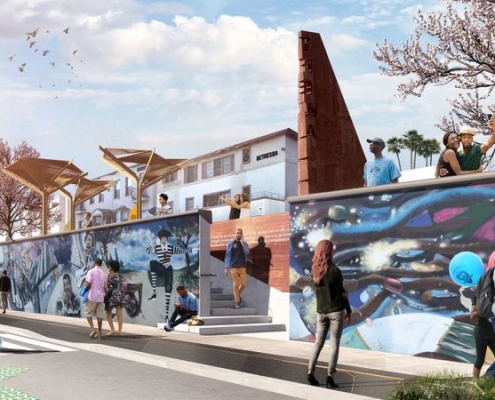
Engaging LA: UCLA and Destination Crenshaw
Los Angeles is known for many things, such as warm weather,…
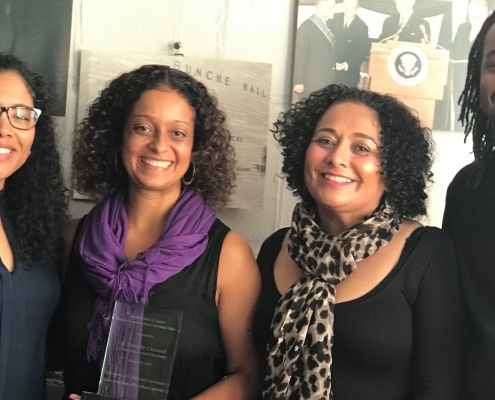
Recap of the Inaugural Sawyer Memorial Lecture in Racial and Ethnic Politics Featuring Dr. Clealand
The UCLA Center for the Study of Race, Ethnicity and Politics…
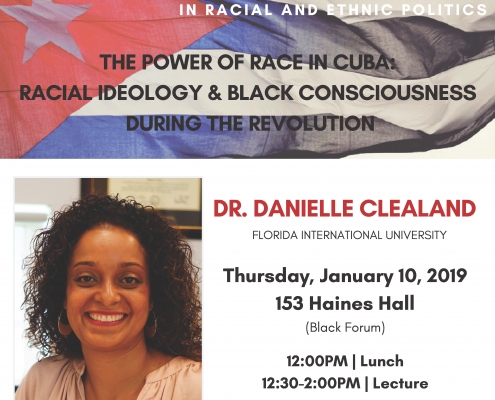
SAVE THE DATE! Mark Q. Sawyer Memorial Lecture in Racial and Ethnic Politics on Thursday, January 10, 2019, 12:00-2:00 PM
***SAVE THE DATE***
The Inaugural Mark Q. Sawyer Memorial Lecture…
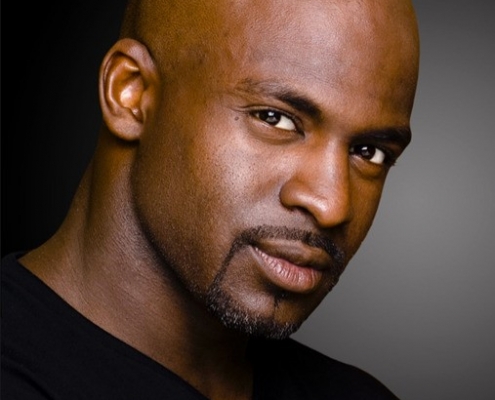
Launch of the “Women Beyond Bars: Reentry and Human Rights” Report — TOMORROW at UCLA
Congratulations to UCLA Associate Professor, Bryonn Bain, for…

UCLA Professor Barreto Writes Timely Op-Ed on the Elections and Immigration for The New York Times
October 24, 2018 UCLA Professor Matt Barreto wrote an…
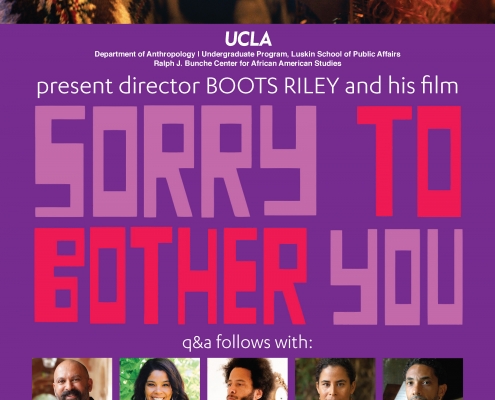
Sorry To Bother You Screening Followed by Q & A with Director Boots Riley at UCLA on 11/6
On November 6, 2018, go vote and then check out a screening of…
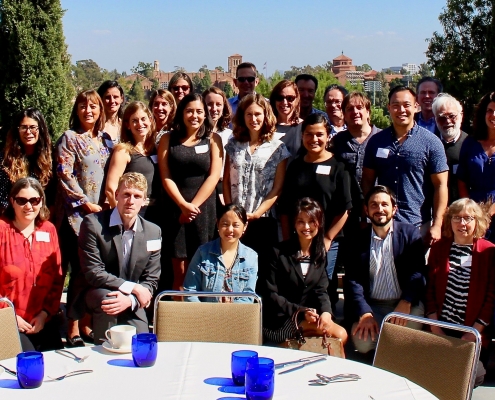
UCLA California Center for Population Research Commemorates Its 20th Anniversary
On October 11-12, 2018, the California Center for Population…
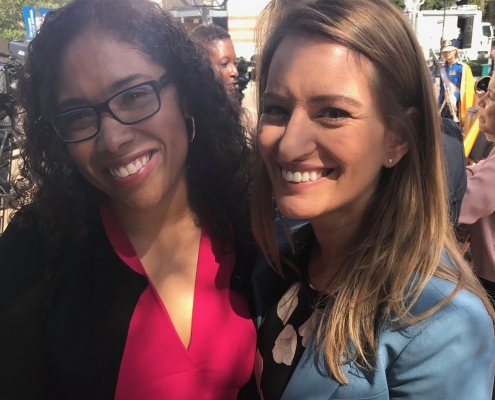
UCLA Professor Frasure-Yokley Discusses Her Electoral Research on MSNBC — Watch Video Here
On October 8, UCLA Professor Lorrie Frasure-Yokley and UCLA…
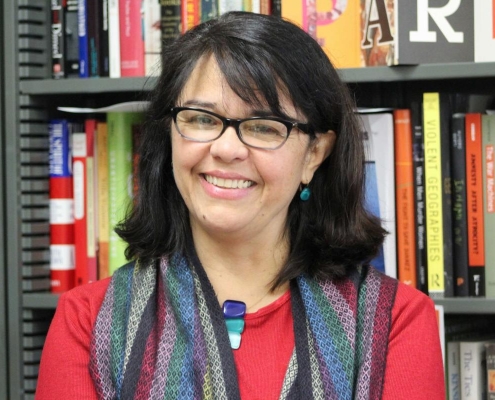
UCLA Professor Menjivar Scheduled to Speak at DWC Congressional Briefing on 10/11
On October 11, Professor Cecilia Menjivar will discuss asylum…
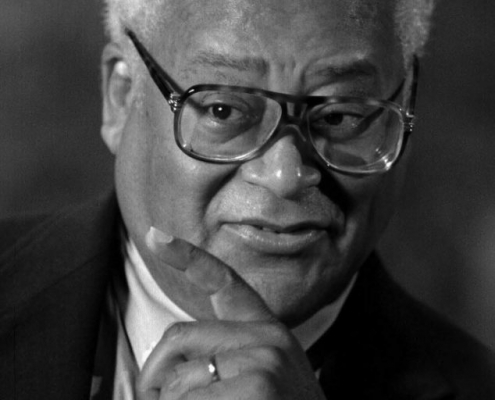
Celebrating Reverend Lawson’s Enduring Contributions at UCLA
By Kent Wong Director, UCLA Labor Center Rev. James…

